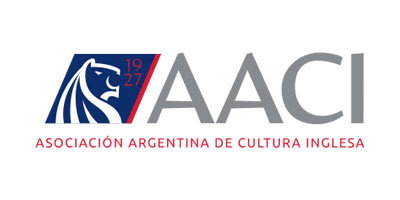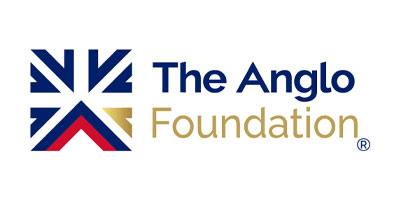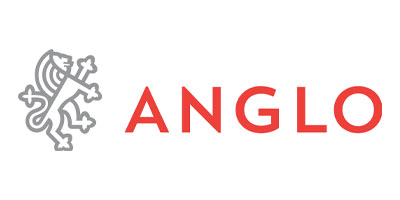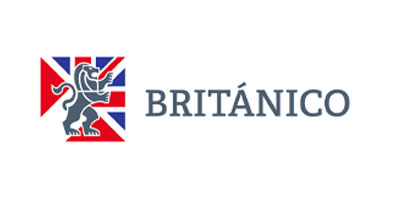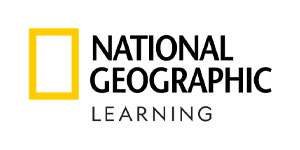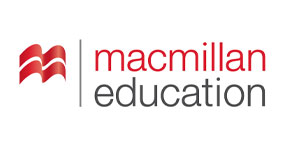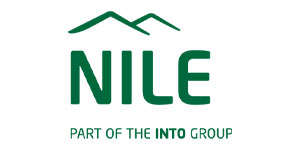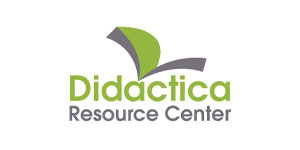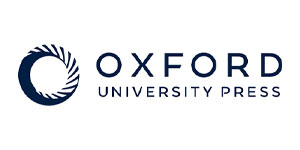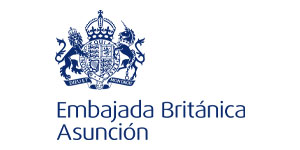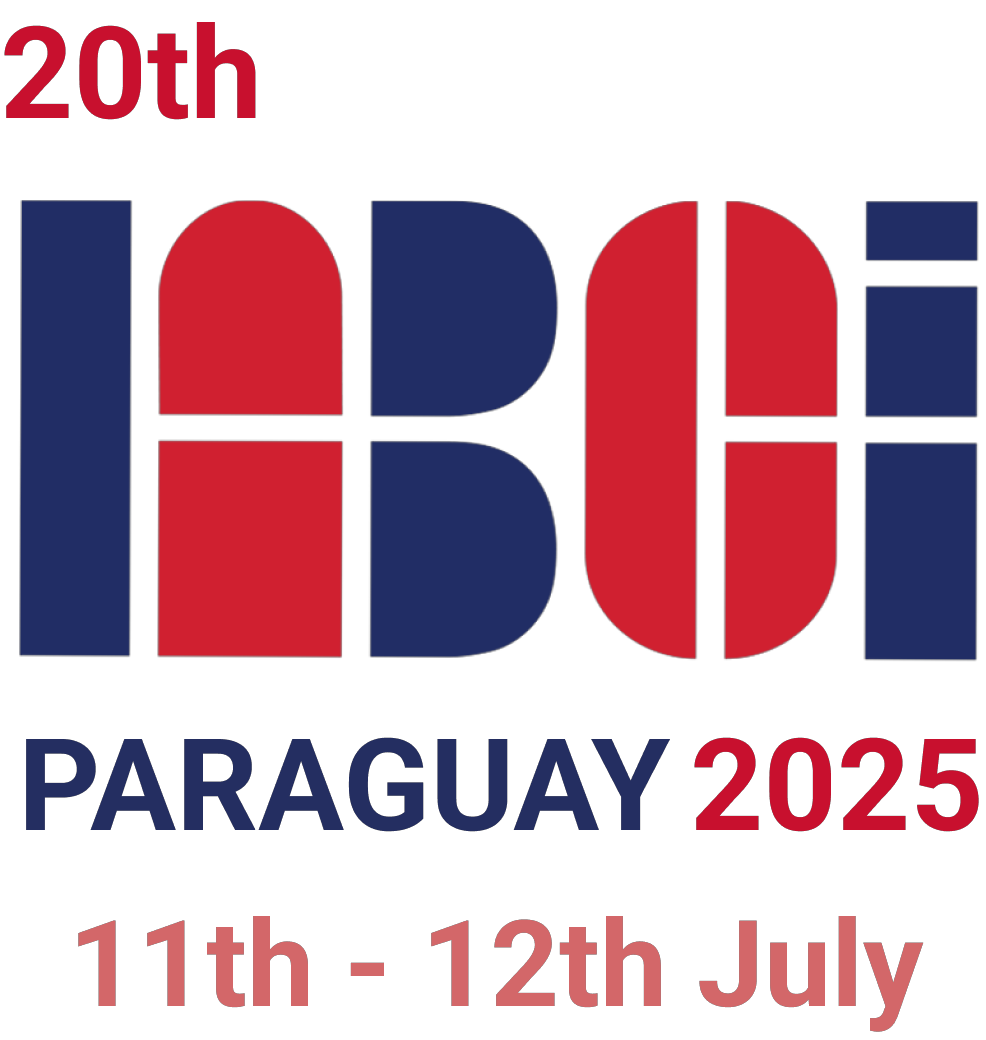
Cancelling your registration will remove your access to the event. If you proceed, you will no longer be able to participate or access event-related materials.
Deleting your account will remove your access to the event.




Registration is closed, please login with your login information.
Contact labci.py@anglo.edu.py if you have any issues.

The conference will center around how to maintain a humanistic teaching approach in the midst of the Artificial Intelligence development and how this new technology is already impacting the classroom.
There will be a variety of other sub-themes focusing in on different aspects of ELT, career development and how to improve language teaching and learning in general.

Revolutionizing Education: Building Peace in a Divided World
This presentation encapsulates Aziz Abu Sarah's profound journey of utilizing education as a catalyst for transformation-steering him away from radicalism towards becoming a dedicated peace builder. With a focus on his educational endeavors spanning Syria, Afghanistan, Israel, Palestine, and the United States, Abu Sarah illustrates how these initiatives have successfully bridged chasms among discordant communities. By delving into the omnipotent role of education, this session uncovers its potential not only in resolving geopolitical strife but also within the microcosms of classrooms. Join us for an enlightening discourse that explores the remarkable capacity of education to foster harmony amidst division.
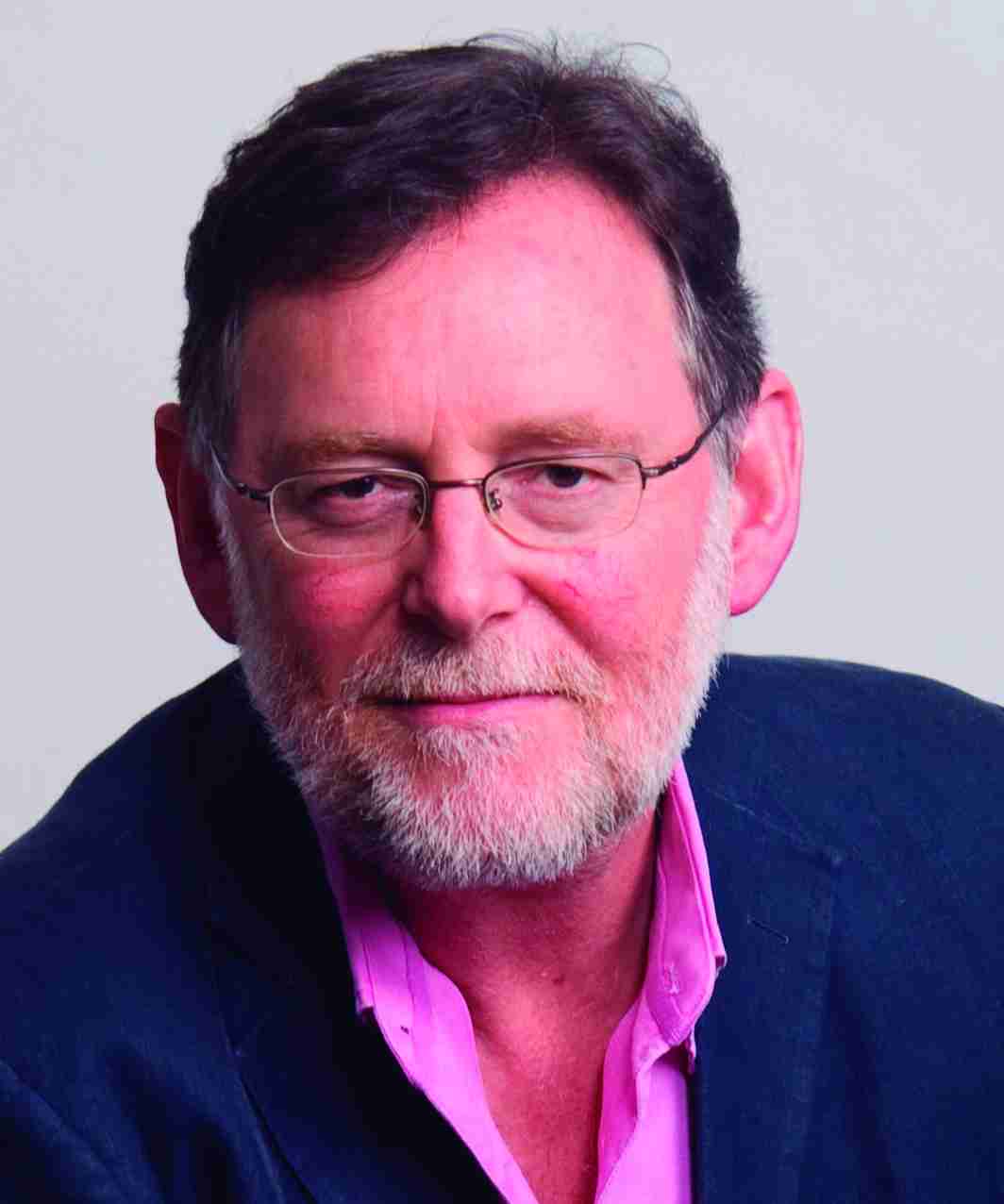
How to be human
With the increased use of AI and the automation that is rapidly becoming part of our lives the role of human beings is undergoing something of a transformation. We spend a lot of our time online too and if you wished to be pessimistic you could get very gloomy about how life will develop, especially with the powerful disinformation that is spread round the world on so many digital platforms.
What, then, is the role of educators in such a climate? Do we just enable the digital world or do we have more important things to do? What would the new version of the Turing test (how to differentiate between robot and human) look like?
This talk will examine what education is for and how we can deliver it.

AI in ELT: Critical Perspectives and Ethical Pathways
This talk considers how AI tools can be used critically, responsibly and ethically by teachers and learners, by exploring some ‘big questions’ associated with the use of generative AI in ELT. We examine whether AI supports language learning, and we explore issues around representation, access, and data, among others, helping you become a more critical and principled user of AI.

Driving ROI with Artificial Intelligence: Growth, Operations, and Digital Transformation
Artificial Intelligence is no longer a futuristic promise– it’s a present-day force reshaping institutions, and language learning is ground zero. This talk explores practical business outcomes being driven by AI for leading English institutions in Latin America, drawing on case studies to show how teacher-guided AI can drive gains in student outcomes, reduce operational burdens, and enable new growth opportunities. When thoughtfully deployed, AI amplifies institutional capacity and human connection. Attendees will walk away with a strategic framework for evaluating AI initiatives and a roadmap for responsible, high-leverage implementation within their own contexts.

Key AI tools that are impacting teaching and learning
This is a talk packed with practical ideas on the use of AI in language education. Based on feedback from Russell's 80,000+ subscribers, Russell will highlight simple but effective tools and ideas that can impact how we prepare our lessons, the activities we do in the classroom and our student's independent learning.

Belonging and personalization in the AI era
This session explores how to create a classroom where students feel they truly belong by personalizing teaching and learning. We’ll discuss practical strategies to foster a positive, learner centered environment and examine the role AI can play in supporting this personalization. With a focus on human connection, this session offers actionable ideas to ensure every learner feels valued and engaged, with or without AI.

Evidence-based teaching: combining science and humanism?
People often think that if we consider science and research in our teaching, we disregard the human, creative side of teaching. In this interactive talk, I’ll suggest that evidence-based teaching allows us to use evidence from science together with our knowledge, teaching experience and creativity in order to improve teaching. We’ll examine together some of the most relevant research findings to language teaching. These findings tell us which ideas and practices are not necessarily helpful in language teaching, and which strategies and techniques really do work in the English language classroom. At the same time, evidence shows that we can and should still take student and teacher feelings and experience into account.

Backward Design, AI and GSE: a powerful partnership
This presentation explores the integration of Backward Design in lesson planning, enhanced by the use of Artificial Intelligence (AI) and the Global Scale of English (GSE) to foster more efficient, personalized, and adaptive teaching practices. The session will examine how AI tools can support educators throughout this process and maximise instructional effectiveness and student engagement. By integrating both Backward Design, GSE and AI, this presentation highlights innovative approaches to creating dynamic and effective learning environments that prepare students for success in an increasingly technology-driven world.

The risks of AI tools and the importance of a human-centered approach for teaching EFL
Few people understand deeply the concepts of Technology, digitasation and AI. This makes it difficult to understand all the nuances of bringing these technologies in the classroom. In this talk we are going to discover the scope of the term technology and narrow it dawn to our context to then study the implications of using AI and why a human-centered approach might be more ethical.
.jpg)
Embracing Authenticity: The Beauty of Being You
In a world saturated with social media influences, societal expectations, and cultural norms, the pursuit of authenticity can often feel like an elusive goal. "Embracing Authenticity: The Beauty of Being You" is a transformative talk designed to guide teachers on a journey towards self-discovery, self-acceptance, and genuine teaching. We will explore the profound impact of embracing one's true self on personal well-being, mindfulness, stress management and overall classroom satisfaction.

Reawakening Humanism in the Age of AI Advancements in ELT
This experiential presentation encourages the participants to discuss and define what is meant by ""humanism in ELT"". We will ask why it is now crucial to address how we can combine it with 21st century skills to strike a balance in interactive classrooms. Practical strategies will be explored.

A framework for creating own AI assistants
This talk explores how teachers can train personal AI assistants using custom GPTs without technical skills. I’ll demonstrate examples, provide a step-by-step guide, highlight common AI errors and how to avoid them, and discuss key ethical considerations in integrating AI into teaching routines.

Active Learning enhanced in the classroom
In the ideal classroom, as educators, we want to develop our students’ skills. Lots of skills… We want to develop collaborative skills, we want to increase engagement, to encourage risk taking, to improve critical thinking, to spark creative thinking and so much more. Is all this just wishful thinking? Let’s see practically how we can take up Active Learning, get practical and make this happen for real in the classroom

How can we develop our students’ critical thinking skills while using AI?
Do our students stop thinking when they use AI? As teachers, we worry when we give our students tasks that should develop their thinking skills and they can use AI to bypass that. In this session, we will look more carefully at what we are really trying to do when we develop our students’ critical thinking skills. We will examine why this can be difficult in a world with easy access to GenAI and social media. And finally, we will look at practical ways in which we can adapt to developing critical thinking skills in this changing environment with AI. And all of this will be in the context of teaching them to communicate in English

Shy Students Need AI Tutors: Piloting AI Learning Experiences
This session explores the outcomes of a classroom-based pilot study examining the integration of an AI-powered English tutor into an accelerated intermediate English program in Buenos Aires. In a world where AI is increasingly embedded in educational settings, this presentation responds directly to the LABCI 2025 theme of Human-centric approaches in the AI Era, investigating how AI can enhance—not replace—human instruction. The results were revealing. Students who meaningfully engaged with AI for at least three weeks showed consistent gains in both IC and G&V scores. In contrast, those who disengaged or used the AI sporadically saw either no change or a decline in performance.
This evidence aligns with emerging research that hybrid models—combining human instruction with AI support—yield better outcomes than AI-only or teacher-only interventions. Our session will also explore practical challenges, such as how to foster consistent student engagement.
By focusing on personalized learning, classroom insights, and real-world implementation strategies, the session demonstrates that AI can support—but not replace—teachers in delivering effective, engaging, and equitable language instruction.
There will be additional concurrent sessions with plenty of speakers from all Latin America as well as roundtables to discuss and network with other teachers
With participants hailing from many different countries, LABCI's biannual conference builds bridges across Latin America and the world to bring relevant discussions and experiences to teachers.
Watch the video to find out more!


Aziz Abu Sarah is a National Geographic Explorer and a TED fellow. He is an entrepreneur, speaker, peace builder, and author. He is the author of ""Crossing Boundaries"" and the coauthor of ""Strangers, Neighbors, Friends."" In 2009, Aziz co-founded MEJDI Tours, an international tourism company founded on the belief that a place can only be truly understood when seen through multiple perspectives. In 2014, he delivered a TED Talk discussing his vision for redefining tourism. Aziz has addressed numerous international organizations and universities, including The United Nations, Nexus, TED, BMW, the European Parliament, and Harvard. His articles have been featured in prominent publications such as The New York Times, The Washington Post, National Geographic, TED, Haaretz, and The Jerusalem Post, among others.
His dedication to peace building earned recognition from former UNSG Ban Ki Moon. Aziz is the recipient of the Goldberg Prize for Peace in the Middle East from the Institute of International Education, as well as the Eliav-SartawiAward for his Middle Eastern Journalism. He was named one of the 500 most influential Muslims in the world by the Royal Strategic Centre in Jordan. Additionally, he received the Intercultural Innovation Award from the UN Alliance of Civilizations and the BMW Group. In 2022, Aziz was honored with the Strait of Magellan Award for Innovation and Exploration by the government of Chile.

Susan has a B.Ed. (Hons.) Warwick University, UK. In her 52 yearlong career in 17 countries her roles include Teacher, HOD, Trainer, Conference and Webinar Presenter, Workshop Facilitator, Materials Writer and Researcher. She is Director of SHELTA, offering consultancy, PPD, EMI and courses on teaching English Creatively to Teachers worldwide.
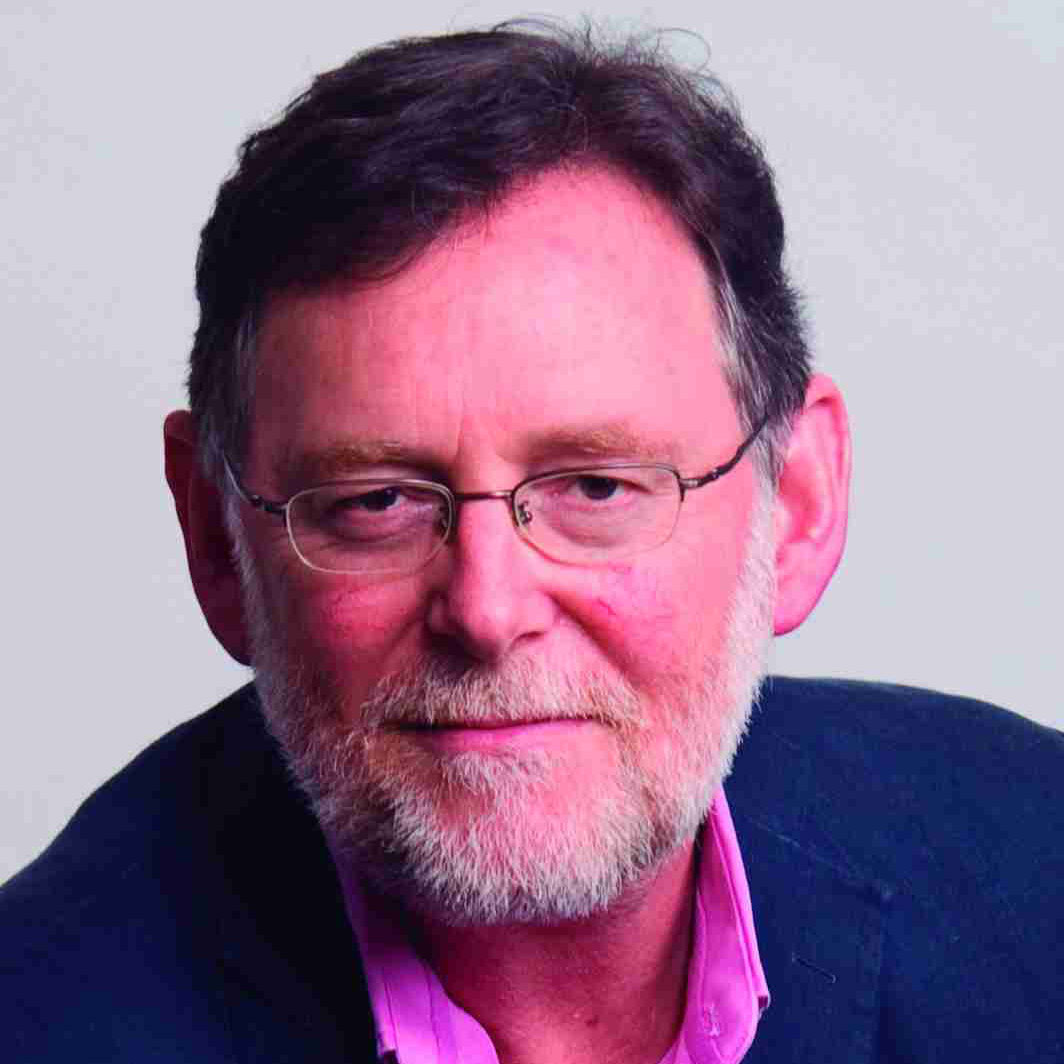
Writer Jeremy Harmer is well known for his books about the teaching of English as a foreign language - or books directly aimed at students of English themselves. He has also, for many years, been a writer of fiction titles. He has worked in Mexico and the UK, in New York (online for the New School) and elsewhere. He has worked with teachers all over the world and addressed many conferences. Aside from the teaching of English Jeremy is also a practising musician and singer-songwriter and has released 4 CDS.

Dr Nicky Hockly is the Director of Pedagogy of TCE (www.theconsultants-e.com). She has worked in the field of English Language Teaching since 1987, is an international plenary speaker, teacher trainer, and consultant specialising in learning technologies and the evaluation of large educational projects. Nicky has written several prize-winning methodology books about learning technologies in language teaching. Her most recent publications are 30 Considerations for Using AI in ELT (2024) and 50 Essentials for Using Learning Technologies (2002), both Cambridge University Press & Assessment. Her research interests include blended, hybrid and online learning, digital literacies and the integration of learning technologies in the language classroom.
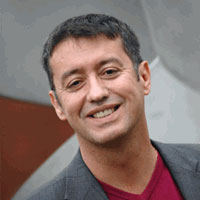
Russell Stannard is an Educational Technologist and founder of www.teachertrainingvideos.com. He has more than 86,000 subscribers on his YouTube channel. He received awards from the British Council ELTONS, the Times Higher and the University of Westminster. He has worked as an Educational Technologists for over 25 years at several UK universities.

Sarah Hillyard is now based in London, UK, and holds a Masters Degree in Teaching English to Young Learners from the University of York. She used to be teacher, coordinator and ELT academic consultant at pre-primary level in Buenos Aires, Argentina. She has been tutor on NILE’s online course “Teaching English in Pre-Primary Education” for many years now. Apart from delivering webinars and face-to-face talks at conferences, she is also a freelance teacher trainer, writer of articles and blogs posts, course developer, and author of Students' Books and Teachers' Books for a range of courses based on pre-primary maths, primary CLIL, STEAM, and general ELT, like Pearson’s pre-primary course “Little Stars”, primary course ""Our Stories"", and Macmillan Poland's Starter course ""Kids Can!"". She used to be an actress with The Performers (TIE – Theatre in Education).

Carol Lethaby has been in ELT since 1986, living and working in the UK, Austria, France, Greece, Mexico and USA. Carol writes textbooks for English learners, including English ID (Richmond, 2020), and books for teachers including, ‘An Introduction to Evidence-Based Teaching in the English Language Classroom’ (Pavilion ELT, 2021). https://clethaby.com/

Leonor Corradi is an English teacher, with a Master’s degree in Education and Teacher Training (Surrey University, UK), and a post degree in Education and ICT. Former member of the Foreign Languages Team at the National Ministry of Education, in charge of English, lecturer in Didactics at teacher training colleges, and coordinator of state plurilingual schools in the City of Buenos Aires. She has extensive experience as materials designer and coursebook writer, and is an academic consultant for different educational institutions and Ministries of Education. Leonor has presented extensively at national and international conferences. She has coordinated the creation of online materials for language teaching and has acted as an online tutor for different seminars. Ms Corradi is the author of the Curriculum for Foreign Languages for the City of BA (2001, English); she has also worked in the creation and reforms of curriculum designs at different teacher training colleges and provinces and is a GSE ambassador.

Master's degree in Education from Oxford University. B.A. in English language with emphasis in education. University lecturer. Educational consultant and researcher. Published author.

Master's degree in Education from Oxford University. B.A. in English language with emphasis in education. University lecturer. Educational consultant and researcher. Published author.

Christoforos Vasileiou was born in Lowell, Massachusetts, USA. He completed his Bachelor’s degree in English Literature and his Master’s degree in Developmental and Learning Disabilities. He has extensive experience in teaching English as a foreign language at all levels. He has also written course materials for different levels of English as a foreign language. He is currently working for MM Publications as an ELT consultant and teacher trainer in countries such as Mexico, Ecuador, Peru, China, Albania, Romania, Greece, Serbia, Saudi Arabia, Oman and Turkey.
.jpg)
Gregg Sotiropoulos (BA, MBA) was born in New York, USA. He began his career in education as an elementary school teacher in 1998 in New York. He holds a bachelor’s degree in Education, a Master’s Degree in Business Administration and has participated in numerous seminars and conferences concentrating on Leadership, Coaching, Negotiations and Training. He has extensive experience in teaching English as a foreign language at all levels. He is currently working for MM Publications as an ELT consultant and teacher trainer.

Ben Knight is Head of Pedagogy Research at Oxford University Press. He is responsible for making sure there is a clear research-informed pedagogical approach underpinning Oxford ELT courses and learning materials. He is particularly focused on developing a pedagogical-based approach to using emerging technology in order to help teachers and learners in their language learning. He works with innovative thinkers in language pedagogy and research, and uses that to support professional development and educational reform projects around the world.
He studied Linguistics at the University of York and Applied Linguistics at the University of Edinburgh. He then became a teacher, trainer and lecturer, in schools, universities and the British Council, in various countries around the world – Kenya, India, Sri Lanka, Japan, Italy and the UK. For a number of years he specialised in assessment, developing new exams at Cambridge Assessment and managing vocational qualifications at City & Guilds, and now combines his expertise in assessment and learning to provide a holistic and evidence-based approach to education.

Camilo is a Harvard-educated physicist with a bilingual background in Spanish and English. Camilo is dedicated to the EdTech space, previously developing adaptive assessments for some of the largest school districts in the US. He is driven by a desire to ensure that language is not a barrier to a high-quality education for any student.

Jay Lee-Gopalan is co-founder and CEO of Jinso Labs, an AI-powered platform transforming institutional English learning across Latin America. A Harvard-trained engineer and 10-year EdTech entrepreneur, Jay champions teacher-guided AI to empower educators, scale outcomes, and forge culturally grounded, high-impact solutions for leading English learning institutions and government partners.


 Listen
Listen


